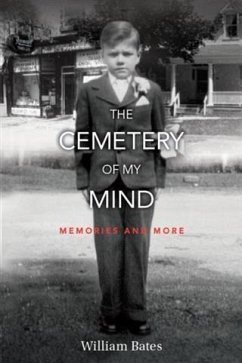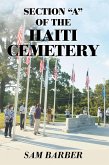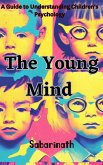In the middle and closing chapters, the full disclosure of a second abuse is related - the ultimate betrayal by representatives of the Catholic Church. The urgency, despair and search for understanding come alive in these passages. These are not memories but rather an ongoing experience.
Through the constant love and support of his wife, together they find a way to acknowledge Bates' family ghosts and to combat the Church by finding a way that helped not only him but others who have been damaged.
A contact list of Survivors' groups is included.
Dieser Download kann aus rechtlichen Gründen nur mit Rechnungsadresse in A, B, BG, CY, CZ, D, DK, EW, E, FIN, F, GR, HR, H, IRL, I, LT, L, LR, M, NL, PL, P, R, S, SLO, SK ausgeliefert werden.









